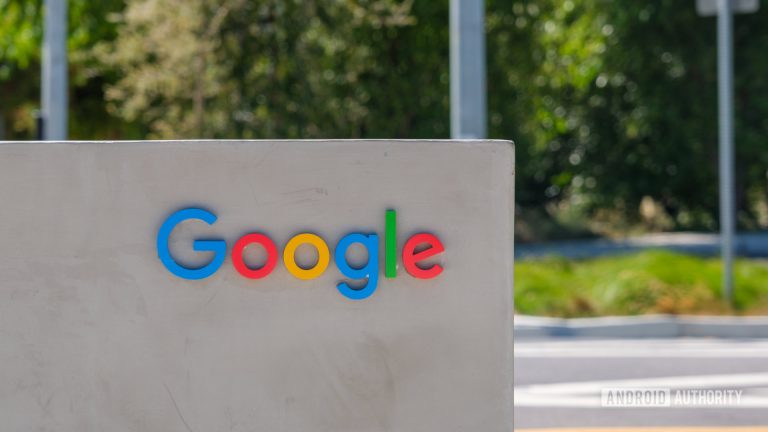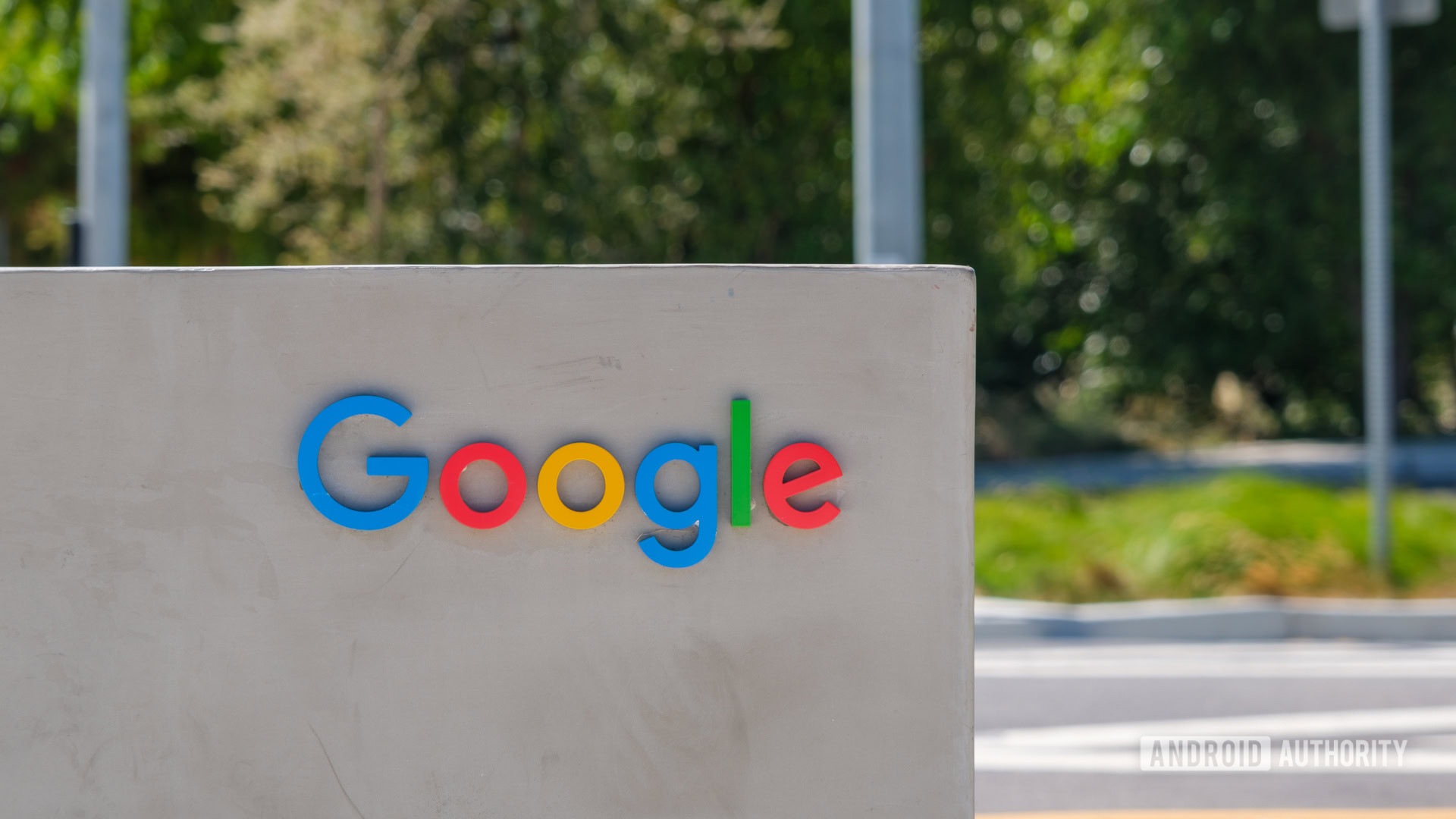
Ryan Haines / Android Authority
You know you’ve conquered capitalism when the name of your company becomes a verb. Googling is now a synonym for conducting an internet search in our lexicon, which arguably trumps phones and Android OS as the tech giant’s crowning achievement. But it’s not easy to reach such heights without suggestions of monopolistic behavior, which landed Google with an antitrust case in the US courthouses.
In what’s being called one of the most significant antitrust lawsuits in decades, the United States government is accusing Google of using its dominance in the search engine market to stifle competition. For an industry that thrives on innovation and disruption, this case could mark a turning point — not just for Google but for Big Tech as a whole.
The protracted lawsuit is still rumbling on, and it can be tough to get your head around. In this easy-to-follow rundown, we’ll explain the Google antitrust case, where things stand today, and, most importantly, why you should care.
QUICK ANSWER: WHERE DO THINGS STAND?
As of December 2024, the antitrust lawsuit against Google is in its remedy phase. In August, a federal judge ruled that Google violated antitrust laws by maintaining an illegal monopoly over online search. The Department of Justice (DOJ) is proposing measures to address this, including potentially requiring Google to divest its Chrome browser and share search data with competitors.
Google plans to appeal the ruling, and a final decision on remedies is expected by mid-2025.
What is the Google antitrust case about?
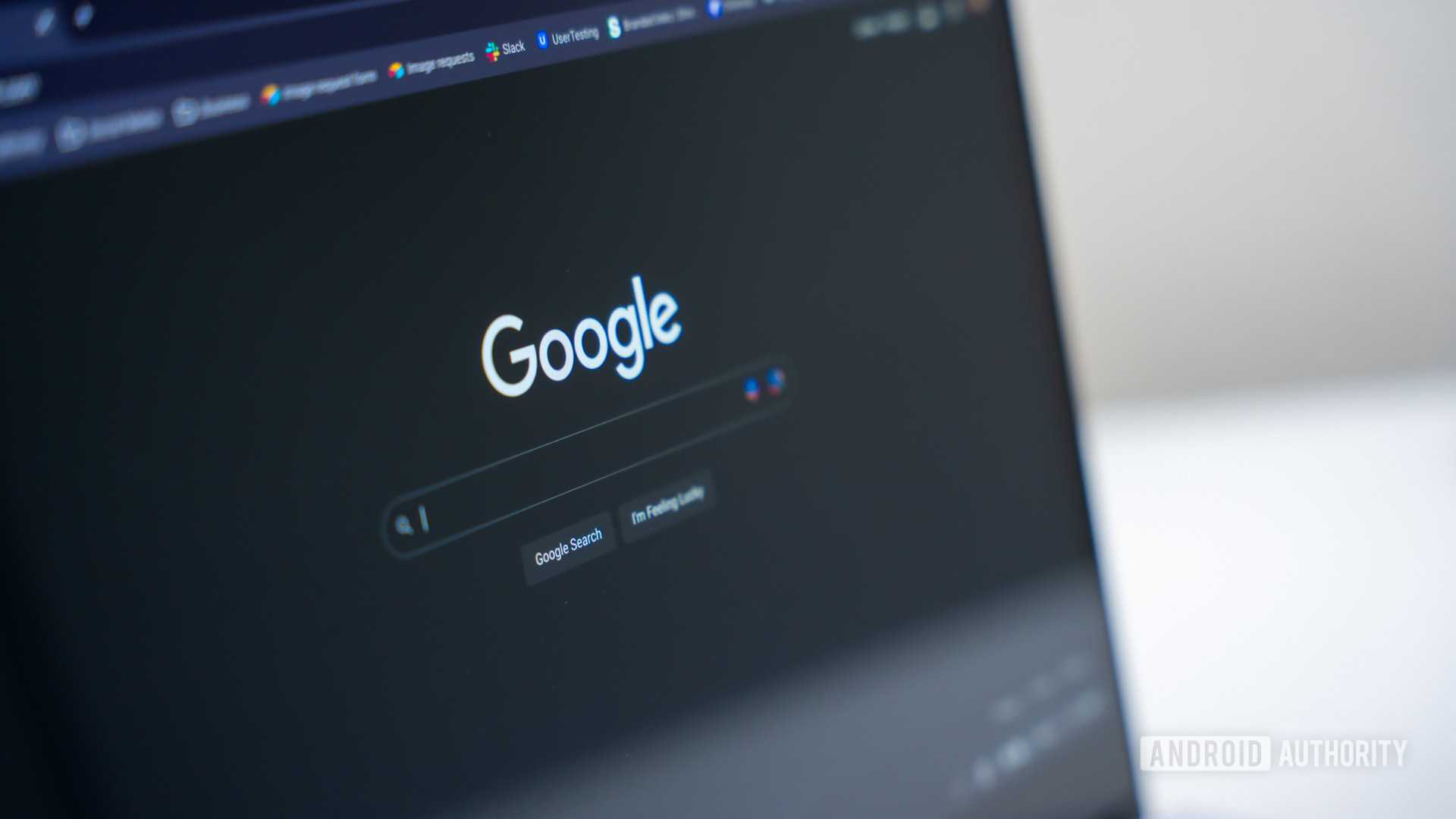
Edgar Cervantes / Android Authority
In a nutshell, the US government’s case against Google centers on whether the tech giant has maintained its dominance in online search and advertising through fair competition or through illegal, anti-competitive practices. The Department of Justice filed the lawsuit in October 2020, claiming that Google has abused its power to stifle competition and limit consumer choice.
An important element of the case is Google’s agreements that ensure its search engine is the default option on many devices. For example, the company pays billions of dollars to Apple annually to make Google Search the default on iPhones and Safari. It also bundles Google Search with its own Android operating system, making it the default on most smartphones. According to the DOJ, these deals create a near-insurmountable barrier for rivals, solidifying Google’s dominance and leaving users with fewer alternatives.
It could lead to significant changes in Google’s business model.
Google counters these allegations, arguing that its dominance is simply the result of offering the best services. The company insists that users stick with Google because they prefer it, not because they’re forced to. Google also points out that switching to a rival search engine is just a few clicks away, meaning consumers aren’t locked into its ecosystem.
The stakes are massive, not only for Google but for the tech industry at large. If the DOJ prevails when the dust settles, it could lead to significant changes in Google’s business model, such as breaking up its search and advertising divisions or imposing restrictions on how it operates. A win for Google would reinforce the status quo and possibly have a chilling effect on future regulatory actions against Big Tech.
This lawsuit isn’t just about Google’s behavior — it’s about setting a precedent for how governments can regulate tech giants in an era where digital markets are increasingly concentrated. Put simply, the trial could reshape how the internet works.
Antitrust refers to a set of laws designed to promote fair competition and prevent companies from gaining excessive power that could harm consumers or stifle innovation. In the United States, these laws aim to stop practices like monopolies, price-fixing, or mergers that reduce competition. The goal is to ensure consumers benefit from choice, competitive prices, and innovation in the marketplace.
Success in business isn’t illegal, but antitrust laws step in when a company’s behavior crosses the line into anti-competitive practices.
Why does the Google case matter?
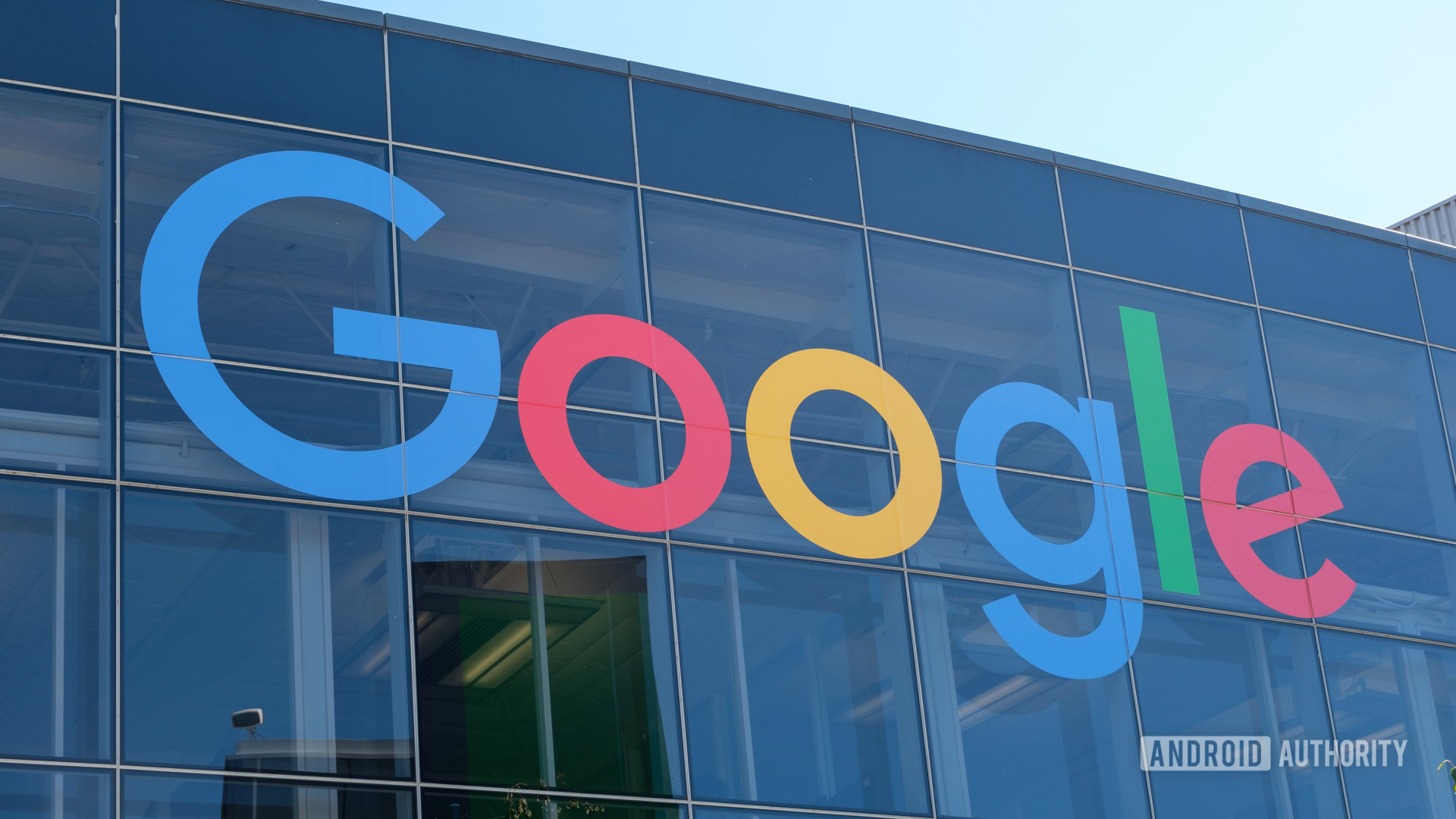
Ryan Haines / Android Authority
The Google antitrust case isn’t just about one company — it’s about the future of how the internet works. Google’s search engine has become so ingrained in our lives that it’s easy to forget alternatives exist. However, with the company controlling over 90% of the global search market, this lawsuit challenges whether that dominance is good for consumers, businesses, and innovation.
For everyday users, the case could change how we search for information online. Imagine opening your browser and seeing a fresh mix of search engines vying for your attention, rather than Google being the default everywhere. Advocates of the lawsuit argue this would create more choice and foster competition. Critics worry that this is all fair game in the free market, and disrupting Google’s ecosystem might mean losing a seamless experience many people appreciate.
For businesses, the stakes are just as high. Google’s control over search ads gives it immense power over who gets seen online, from local shops to global brands. If regulators win, the digital advertising landscape could shift dramatically, leveling the playing field until the next unforeseen challenges arise.
But this case goes beyond all of that. It’s a litmus test for regulating Big Tech’s influence over our digital lives.
How did the Google antitrust case arise?

Edgar Cervantes / Android Authority
Google began in 1998 as a search engine created by Larry Page and Sergey Brin, two Stanford graduate students. Their vision was to organize the internet’s information and make it universally accessible. At its core was a groundbreaking algorithm called PageRank, which ranked websites based on relevance and quality rather than simple keyword matches.
Google quickly outpaced competitors like Yahoo and Ask Jeeves, becoming the go-to search engine. Over the years, it expanded into other areas, including email with Gmail, video sharing with YouTube, mobile operating systems with Android, and any number of hardware devices. By the late 2000s, Google was not just a search engine but an ecosystem of interconnected products, making it nearly impossible for users to avoid interacting with the company in some capacity.
The evolution of search: From innovation to control
The Google antitrust case centers around the fact that its search engine holds over 90% of the global search market share. Google’s early success in search came down to technical innovation, but its continued dominance owes much to its ability to secure its position. The company leveraged its growing power to ensure its search engine was the default option in many contexts, from pre-installed Android apps to partnerships with browsers.
The DOJ argues that these strategies — combined with Google’s vast advertising ecosystem — create insurmountable barriers for rivals. Search engines like Bing or DuckDuckGo, for example, struggle to compete when most users encounter Google as the default and lack strong incentives to switch. The company has consistently defended its practices as legal, pointing to the ease with which users can select alternatives.
The Google antitrust case begins
By the late 2010s, Google had been under antitrust scrutiny for years. A Federal Trade Commission (FTC) investigation in 2013 raised concerns about Google’s practices, but no charges were filed. However, mounting frustration with Big Tech’s power led to renewed interest in regulating the industry.
In October 2020, the DOJ filed its landmark antitrust lawsuit against Google, accusing the company of anti-competitive practices in online search and advertising. 11 state attorneys general joined the case, making it the largest antitrust challenge in the US since the Microsoft case in the late 1990s. The lawsuit accused Google of abusing its dominance by crafting exclusionary deals and leveraging its ecosystem to block rivals.
Key milestones in the case
- October 2020: The DOJ files its antitrust lawsuit, accusing Google of using its dominance to block rivals.
- 2021–2022: Pre-trial discovery unveils internal documents, revealing Google’s strategies for maintaining its market position.
- September 2023: The trial begins, with the DOJ and Google presenting opening arguments. Testimonies from Google executives, experts, and competitors highlight the stakes involved.
- October 2024: The judge rules that Google violated antitrust laws, focusing on its deals with Apple and default arrangements.
- November 2024: The remedy phase begins, with the DOJ proposing measures that could include breaking up parts of Google’s business or forcing changes to its agreements.
Where things stand today

As of December 2024, things aren’t going Google’s way. In August, US District Judge Amit P. Mehta ruled that Google violated antitrust laws by maintaining an illegal monopoly over online search and search advertising. In a lengthy judgment, the court found that Google’s exclusive agreements with browser developers, smartphone manufacturers, and wireless carriers effectively stifled competition, allowing the company to charge supra-competitive prices and reap monopoly profits.
Following this verdict, the case has entered the remedy phase, where the DOJ is proposing measures to address Google’s anti-competitive practices. Among the proposed remedies are:
- Divestiture of Chrome: Forcing Google to sell or spin off its Chrome browser to reduce its control over the search market.
- Ending default search agreements: Prohibiting Google from paying companies like Apple to set Google as the default search engine on their devices, aiming to foster competition among search providers.
- Data sharing with competitors: Requiring Google to share its search data with rival search engines at minimal cost, enabling them to improve their services and compete more effectively.
These proposed remedies are designed to dismantle the barriers that have prevented other search engines from gaining a foothold in the market. The aim is to enhance consumer choice and foster innovation. A decision on remedies is expected in mid-2025.
Google has announced plans to appeal the ruling, arguing that its business practices are lawful and that its success is due to the quality of its products and services. The appeal process is expected to extend over several years, during which the implementation of any remedies may be delayed.
The final outcome of this case could set a precedent for how antitrust laws are applied to digital markets and influence future regulatory actions against other tech giants. As the proceedings continue, stakeholders across the industry are closely monitoring developments. We’ll revisit this summary periodically to keep you posted on where the lawsuit stands.
How does this compare to other Big Tech cases?

Robert Triggs / Android Authority
The Google antitrust case is often likened to another landmark battle: the United States vs Microsoft in the late 1990s. In that case, Microsoft faced allegations of using its dominance in the PC operating system market to crush competitors, particularly by bundling its Internet Explorer browser with Windows. The parallels are striking: just as Microsoft’s bundling practices stifled browser competition, the DOJ argues that Google’s default search deals and ecosystem integration leave little room for rivals.
However, this case also stands out in important ways. Microsoft’s dominance was rooted in desktop computing, while Google’s control extends across multiple layers of the digital world — search, advertising, and even the internet infrastructure. The stakes are higher, given how deeply embedded Google’s services are in our daily lives.
This lawsuit could lead to more drastic outcomes.
Internationally, Google is no stranger to antitrust scrutiny. The European Union has fined the company billions over its practices, including a record-breaking €4.34 billion penalty in 2018 for anti-competitive behavior tied to Android. Those cases focused on fines and immediate remedies, while Microsoft reached a settlement on its matter back in the 90s. This lawsuit could lead to more drastic outcomes, like breaking up parts of Google’s business.
Other Big Tech companies, such as Meta, Amazon, and Apple, are also under regulatory scrutiny, but Google’s case is unique in its focus and scope. Unlike Meta’s battles over privacy or Amazon’s concerns about retail dominance, this case zeroes in on the very infrastructure of the internet — search and advertising.
What could this mean for Google?
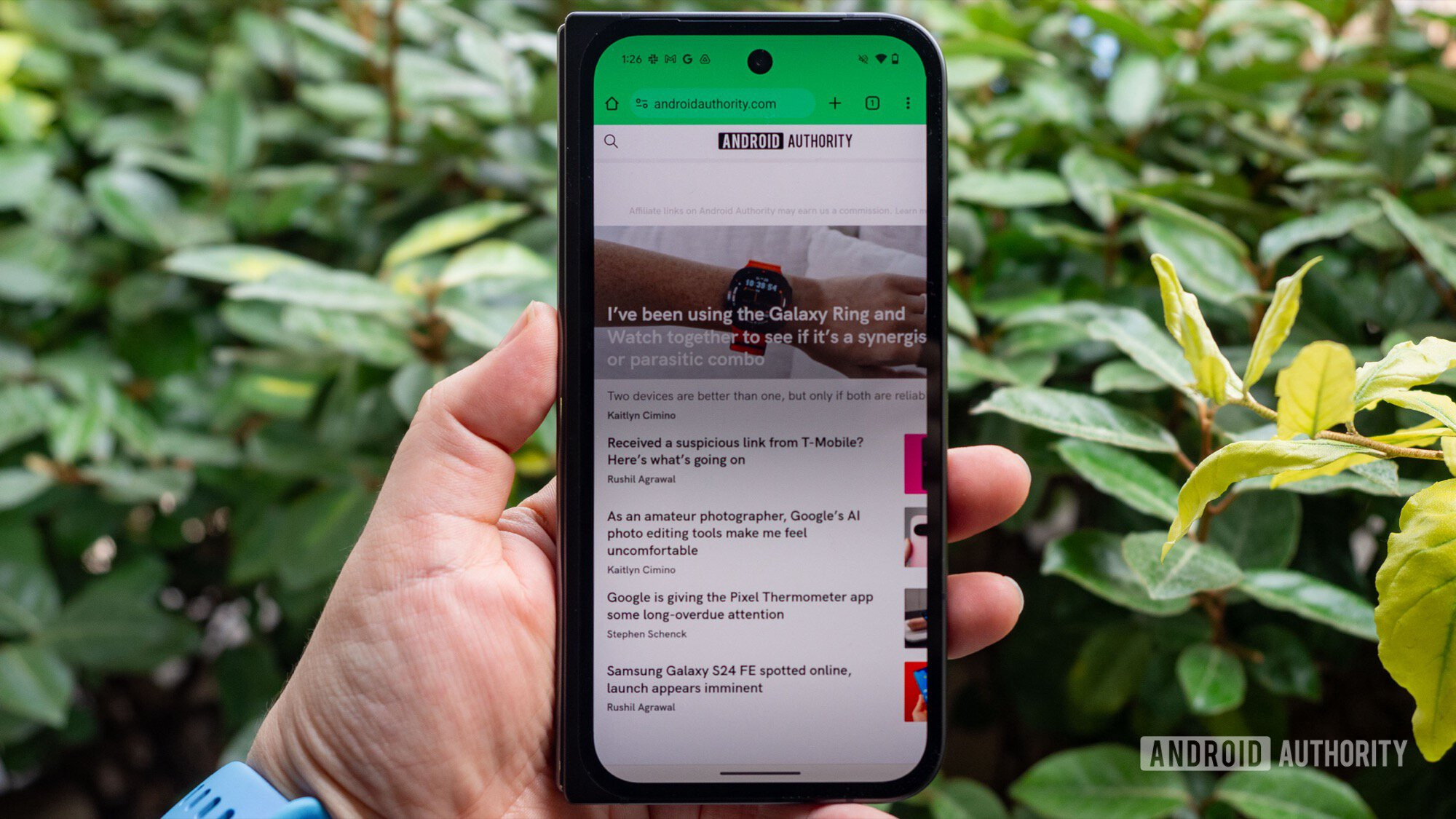
Rita El Khoury / Android Authority
We’ve already touched on it, but this lawsuit against Google poses a significant threat to its business model, with potential remedies that could reshape its operations. Following the August 2024 ruling that Google violated antitrust laws, the Department of Justice is now considering measures to address this, including the possible divestiture of Google’s Chrome browser and restrictions on default search agreements.
The potential sale of Chrome could disrupt Google’s integrated ecosystem, affecting its ability to collect user data and deliver targeted advertising — a major revenue source. These remedies could even impact Google’s ventures into artificial intelligence, as the company has been integrating AI models across its products, including Search and Chrome. Limiting Google’s control over these platforms might hinder its AI development and deployment strategies.
Financially, while Google has the resources to absorb fines, the structural changes being considered could lead to a loss of market share and a decline in advertising revenue. The company’s reputation is also at stake; aggressive antitrust remedies could damage its public image. Google’s plans to appeal the ruling may end in a better outcome, but extending the process over several more years may leave the company facing operational uncertainties.
What does this all mean for us?

Edgar Cervantes / Android Authority
At first glance, the Google antitrust case might seem like a corporate legal drama far removed from the daily lives of normal people like you and me. However, we can’t ignore it. The outcome could have big implications for how we search, shop, and interact online.
By securing default search engine agreements with manufacturers and browsers, Google has created a world where its search engine feels like the only option, whether they actively choose it or not. The ruling against Google could mean more competition in the search market, potentially leading to more diverse search results, new features, and so on.
Consumers might see less dominance by large corporations in search results.
Advertising is also in play. Google’s control over search ads affects what users see when they look up products or services, often prioritizing advertisers who can pay more. If the lawsuit results in reforms to Google’s ad practices, consumers might see less dominance by large corporations in search results and more opportunities for smaller businesses to compete.
However, some warn that breaking up Google or imposing restrictive regulations could lead to unintended consequences. For instance, users may lose the integrated convenience of Google’s ecosystem, where services like Gmail, Maps, and Search work seamlessly together. There’s also the potential for disruptions in innovation, although this is speculative. Throwing the market open could have the opposite effect when it comes to novel approaches.
There will be plenty of people who embrace our Google overlords. They’re happy with their integrated services and don’t want more choice in the matter. That’s fair enough, but we don’t know what an internet that is less dominated by Google looks like in 2024. There’s also a principle to be upheld. If the ruling against Google remains in place, it sends the message that you can’t trample on your competitors unfairly, whether the end user is happy with it or not.
Hai, sobat pencinta slot! pernahkah denger istilah “slot demo”? Kalau belum, siap-siap jatuh cinta sama program ini. slot gacor merupakan mesin slot yang selalu memberi kemenangan. Yup, slot-slot ini bisa dikatakan sebagai jagoannya buat membawa pulang hasil. tapi, cemana sih
tekniknya nemuin slot gaco yang tepat? Tenang Bro and Sis, kita beri {santai|tenang] saja di tempat ini
Games tergacor waktu sekarang satu-satunya di Indonesia hanya di pasti memberikan return tertinggi

